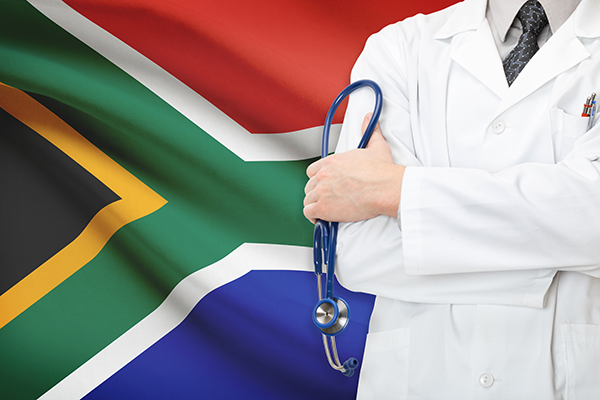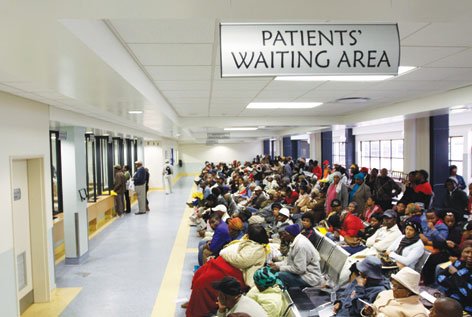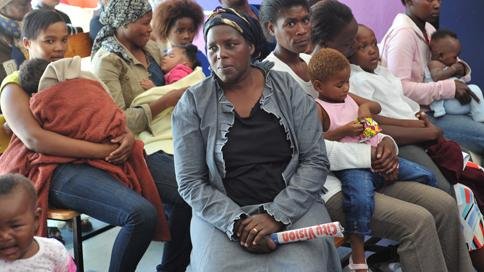A look at South Africa's healthcare system

South Africa suffers from the triple problem of unemployment, inequality and poverty. According to the World Health Organisation South Africa's private healthcare is considered to be one of the most expensive, however, the public sector suffers from a lack of funding.
South Africa's Health Care system is divided into parts, the private and public sectors. Total expenditure on healthcare in South Africa is 8.5% of their GDP, despite this high spending healthcare performance is still poor within the country. A substantial amount of responsibility for this poor performance lies in the fact that there is a disparity between public and private sectors, 8.3% of GDP spent on healthcare is split as 4.1% in the private sector and 4.2% in the public sector. This indicates that 84% of the population is only getting half the amount of total expenditure on healthcare.

The price of South Africa's private healthcare is around the levels viewed in countries with much higher GDP levels, such as France, Germany and the United Kingdom. This causes workers to be less reluctant to work in the public sector due to inequality in wages and conditions. The high prices in the private sector also set the benchmark for how much it is to attract medical specialists to the public sector.
This two-tiered system is not only inequitable and inaccessible to a large portion of South Africans, but institutions in the public sector have suffered poor management, underfunding and deteriorating infrastructure. Due to high levels of poverty and unemployment healthcare remains a burden of the state. The doctor-patient ratio in the public sector is 1 doctor for every 4219 people as most general practitioners have moved to the more lucrative private sector. This problem is further accentuated when you take into account the countries quadruple burden of disease; HIV/AIDS and TB, maternal, infant and child mortality, non-communicable diseases as well as injury and violence.

Health is an essential factor of a productive workforce. Having a healthy workforce increases social and economic development as a healthier population means an increase in worker productivity (output), labour activity, work life and savings. The knowledge base of the population will also improve as the gains to education increase as life expectancy increases
Overall South Africa has a very expensive private healthcare system and a very inefficient public healthcare system. A large part of the problem lies within the inequality of healthcare services where the majority of the population do not have access to good healthcare. The government need to address these issues by either implementing price controls or promote more competition between healthcare providers. There are many different ways to approach the problem and one that always comes up is National Health Insurance but that topic is for another discussion.
Thanks for reading. I hope you found it informative.
If you would like to read the full analysis click here
Sounds like a more extreme version of the UK, where we're moving towards a fully two-tier system and what appears to be the abandonment of the "Free at the point of delivery" principle. Once again, thanks for an informative article.
You are very welcome, thanks for the response :)
Congratulations @scott-za! You have completed some achievement on Steemit and have been rewarded with new badge(s) :
Click on any badge to view your own Board of Honor on SteemitBoard.
For more information about SteemitBoard, click here
If you no longer want to receive notifications, reply to this comment with the word
STOP